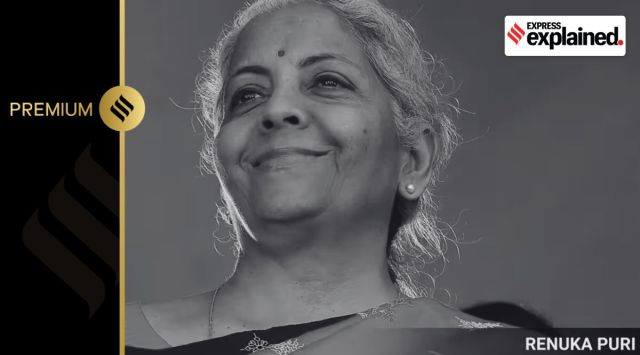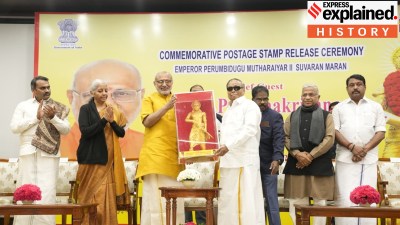Soumyarendra Barik is a Special Correspondent with The Indian Express, specializing in the complex and evolving intersection of technology, policy, and society. With over five years of newsroom experience, he is a key voice in documenting how digital transformations impact the daily lives of Indian citizens. Expertise & Focus Areas Barik’s reporting delves into the regulatory and human aspects of the tech world. His core areas of focus include: The Gig Economy: He extensively covers the rights and working conditions of gig workers in India. Tech Policy & Regulation: Analysis of policy interventions that impact Big Tech companies and the broader digital ecosystem. Digital Rights: Reporting on data privacy, internet freedom, and India's prevalent digital divide. Authoritativeness & On-Ground Reporting: Barik is known for his immersive and data-driven approach to journalism. A notable example of his commitment to authentic storytelling involves him tailing a food delivery worker for over 12 hours. This investigative piece quantified the meager earnings and physical toll involved in the profession, providing a verified, ground-level perspective often missing in tech reporting. Personal Interests Outside of the newsroom, Soumyarendra is a self-confessed nerd about horology (watches), follows Formula 1 racing closely, and is an avid football fan. Find all stories by Soumyarendra Barik here. ... Read More
Aanchal Magazine is a Senior Assistant Editor with The Indian Express, serving as a leading voice on the macroeconomy and fiscal policy. With over 13 years of newsroom experience, she is recognized for her ability to decode complex economic data and government policy for a wider audience. Expertise & Focus Areas: Magazine’s reporting is rooted in "fiscal arithmetic" and economic science. Her work provides critical insights into the financial health of the nation, focusing on: Macroeconomic Policy: Detailed tracking of GDP growth, inflation trends, and central bank policy actions. Fiscal Metrics: Analysis of taxation, revenue collection, and government spending. Labour & Society: Reporting on labour trends and the intersection of economic policy with employment. Her expertise lies in interpreting high-frequency economic indicators to explain the broader trajectory of the Indian economy. Personal Interests: Beyond the world of finance and statistics, Aanchal maintains a deep personal interest in the history of her homeland, Kashmir. In her spare time, she reads extensively about the region's culture and traditions and works to map the complex journeys of displacement associated with it. Find all stories by Aanchal Magazine here ... Read More









































